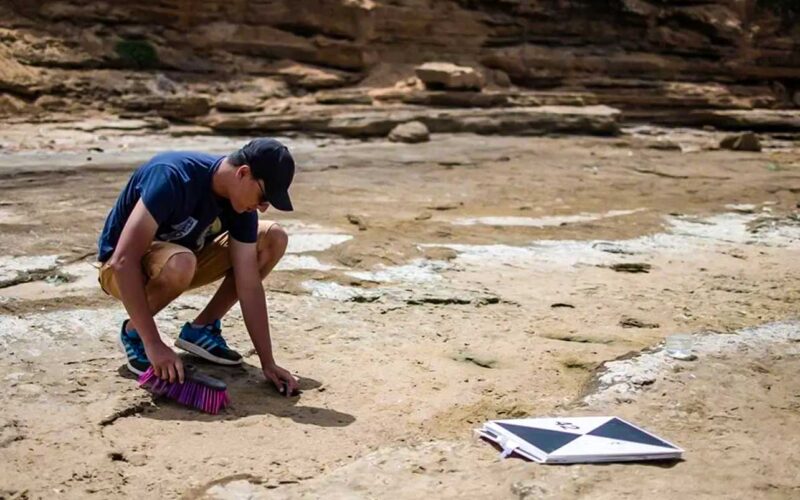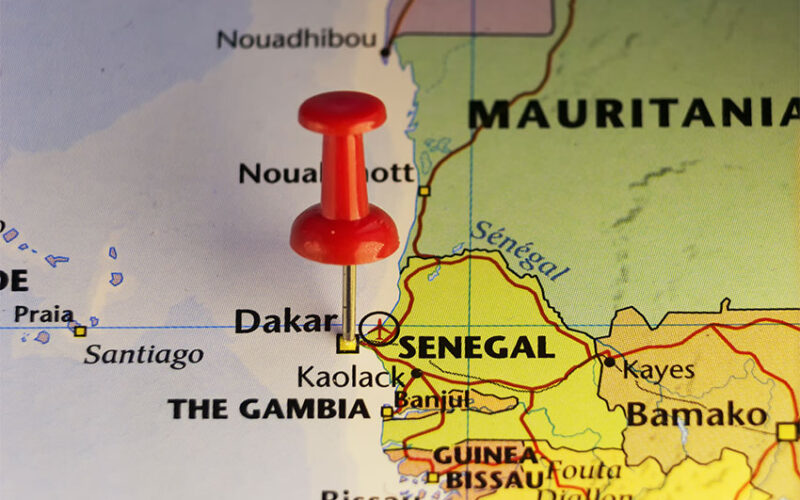
90,000-year-old human footprints discovered in Morocco underscore Africa’s role in understanding human evolution
IN July 2022, an international team of researchers on a field trip to study boulders along a rocky coastline in the city of Larache, northwest Morocco, made an unexpected discovery on the shores of a nearby beach. They found well-preserved footprints spanning an area of 2,800 m² on the rocky shores of the beach. Their research, published on January 23, determined that these footprints belonged to a multigenerational group of Homo sapiens who walked along the beach about 90,000 years ago. The Larache footprint is the oldest known Homo sapiens footprint in North Africa and ranks among the world's oldest…

